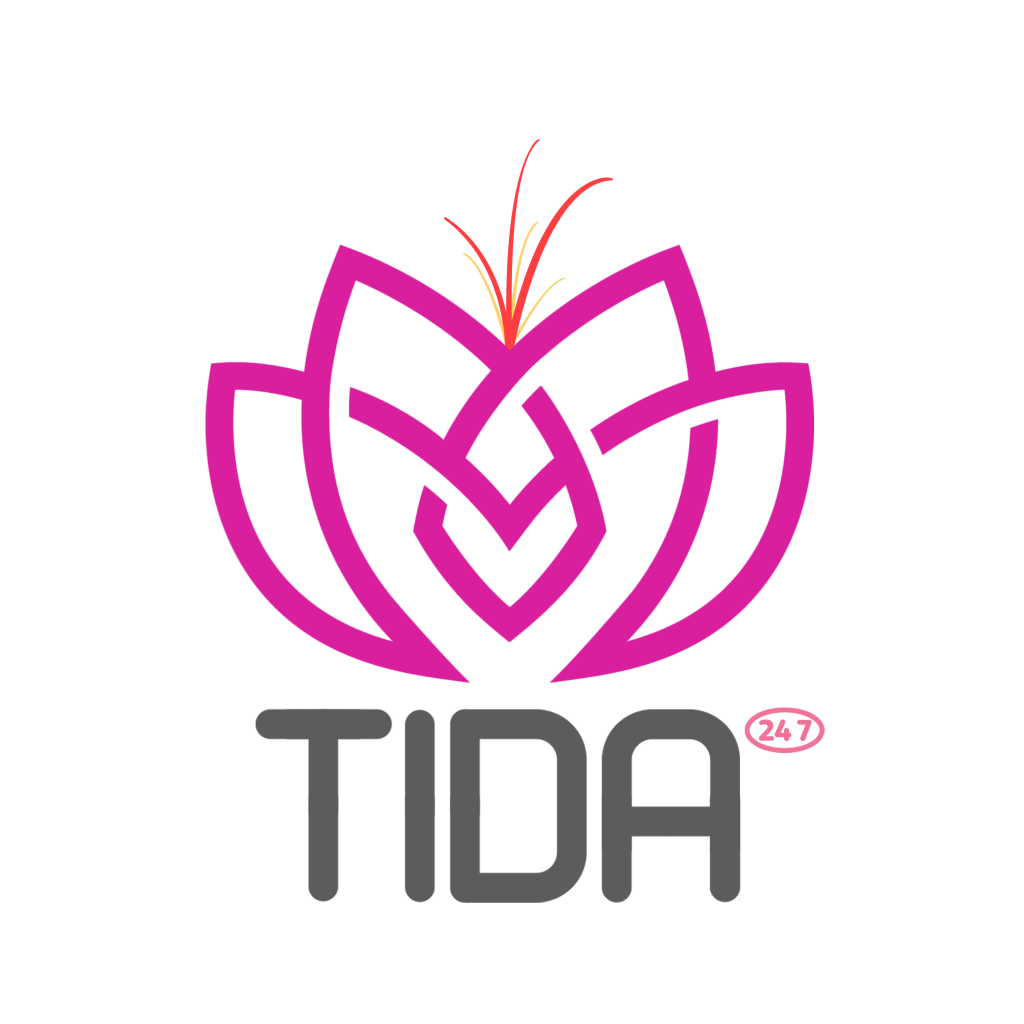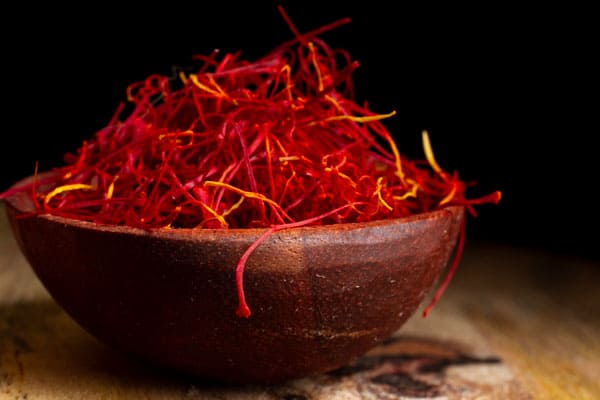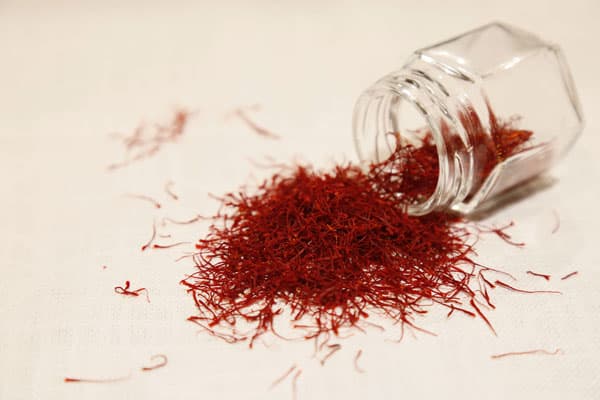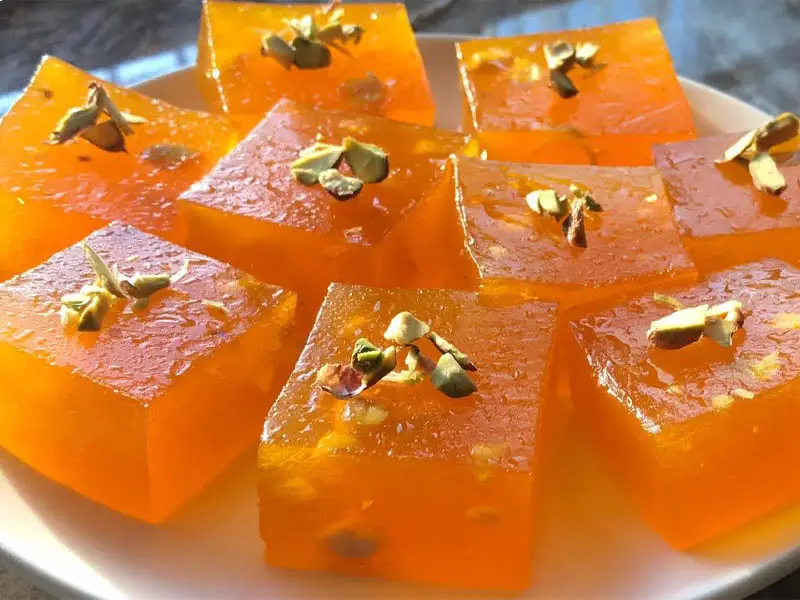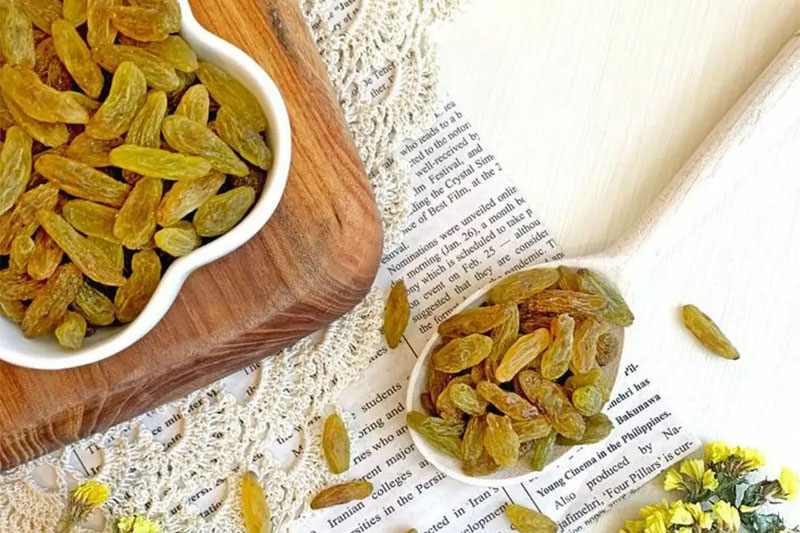A number of studies have shown that saffron improves memory, especially long-term memory, and assists in learning. As a result of the presence of crocin and crostin in saffron, brain cells are formed more effectively and are more resistant to damage.
Researchers have found that saffron has properties useful for treating learning disorders and memory problems. A study found that Alzheimer’s patients with dementia improved their healing process when they consumed 30 mg of saffron daily.
The spice saffron has been proven to have beneficial effects on memory enhancement, and in recent studies, it has been shown to have a protective effect against cerebral ischemia (insufficient blood supply to the brain).
how does saffron make you feel?
There is a substance found in the golden parts of saffron leaves and stems called carronade that promotes energy and relieves stress.
As a result of today’s lifestyles being very noisy and there are a lot of occupations emerging, we would be surprised if some people don’t experience any stress during the day and night. Cancer is one of many diseases caused by the effects of stress on the body. Consequently, using herbs that help with relaxation is a safe practice.
Saffron is one of those plants that releases beneficial hormones through its influence on the endocrine system, thereby increasing relaxation and wellness.
Since it contains a high amount of antioxidants, saffron tea can reduce plaque deposition in the brain and thus reduce the risk of neurological diseases like Alzheimer’s and Parkinson’s.
is saffron sedative?
There is much research that supports the use of saffron as an antidepressant plant. In addition to bringing joy and laughter, saffron is known for its warm and dry nature. A cup of saffron a day can improve your mood and reduce stress as well as provide a rich source of antioxidants.
Those who are experts in traditional medicine describe saffron’s therapeutic properties as having its ability to make you happy, relax, and to have healing effects if it is used in a balanced manner.
The saffron contains a high amount of crocin and safranal, which are scientifically proven to have good anti-depressant and uplifting properties. Combined with crocin’s ability to lower stress levels and safranal’s ability to regulate sleep, these two substances are very effective in calming the nervous system and treating depression.
Using saffron to treat insomnia caused by brain stimulation is possible because it boosts the nervous system. It soothes insomnia and relieves convulsions when brewed as a tea.
Saffron is a happy and relaxing spice when consumed in moderation, but excessive consumption will harm the body, so when it is consumed in moderation, it should be treated as such Any plant material that is consumed excessively will have harmful effects, including saffron.
is saffron good for ADHD?
Hyperactivity disorder is a common behavioral disorder in adolescence and childhood. It is a neurological disorder. Researchers have recently proven that saffron has anti-depressant properties and strengthens memory, according to the latest research. The effects of saffron on hyperactivity can be similar to those of Ritalin.
A comprehensive experiment done by researchers on children between the ages of 6 and 17 found that the saffron plant has a similar effect to Ritalin, a chemical drug prescribed by doctors to people with hyperactivity. Therapeutic properties can be found in it.
The researchers added: “The saffron plant can be used as a completely herbal medicine in patients who suffer from many side effects of Ritalin such as nausea, stomach pain, loss of appetite, insomnia, headache, etc. These side effects affect 30% of patients who take these drugs.
During a six-week test conducted on 54 people, the researchers concluded that due to the saffron plant’s colorful role, it should be used for medical purposes immediately.
what happens if you overeat saffron?
Generally, small amounts of saffron, such as that used in cooking – that is, 30 to 50 mg – are safe, but if consumed in excess, some people may experience side effects. Creating
▶ Study proposal: how much saffron to take daily.
does saffron make you sleepy?
63 volunteers suffering from insomnia and sleep disorders were examined in this study, according to Science Daily. Before going to bed, these people took sleeping pills every night. During the 28-day study, they consumed 14 mg of saffron extract daily, while some also took a placebo. In the volunteers who used saffron extract, the sleep disorder was completely resolved and they experienced quality sleep every night.
The results of further studies indicate that this method has no side effects and that its positive effects are usually seen within a week of starting it.
The effect of saffron on improving sleep quality
Saffron is gaining attention as a natural remedy for better sleep! Its bioactive compounds can promote relaxation and improve sleep patterns without harsh side effects. Let’s break it down!
1. Regulates Neurotransmitters
Saffron contains crocin and safranal, which influence brain chemicals like serotonin and dopamine.
- Boosts serotonin: Helps stabilize mood and reduces anxiety, making it easier to fall asleep.
- Calms the nervous system: Safranal has mild sedative effects, promoting relaxation.
🔬 Study insight: Research shows that consuming 30 mg of saffron daily can improve sleep duration and reduce insomnia symptoms!
2. Reduces Stress and Anxiety
Since stress is a major cause of sleep issues, saffron’s natural antidepressant properties can help:
- Lowers cortisol levels: Reduces the “stress hormone” that disrupts sleep.
- Eases racing thoughts: Acts like a gentle, mood-balancing aid, helping you unwind before bed.
3. Supports Melatonin Production
Saffron may enhance melatonin levels, the hormone responsible for regulating the sleep-wake cycle. This can:
- Help you fall asleep faster: By syncing your body’s internal clock.
- Improve sleep quality: Encouraging longer, deeper, and more restorative sleep.
4. How to Use Saffron for Sleep
- Saffron tea: Steep a few strands in warm water or milk for a calming bedtime drink.
- Supplements: Saffron capsules (20-30 mg) are available as sleep aids.
- Golden milk: Add saffron to warm milk with turmeric for a cozy, sleep-promoting tonic.
The role of saffron in enhancing memory and preventing Alzheimer’s
Saffron is showing real promise for brain health — especially for boosting memory and helping prevent Alzheimer’s disease. Let’s dive into how this golden spice supports cognitive function! 🧠✨
1. Protects Brain Cells with Antioxidants
Saffron is rich in crocin and safranal, powerful antioxidants that:
- Fight oxidative stress: Prevent damage to brain cells caused by free radicals.
- Reduce inflammation: Chronic brain inflammation is linked to cognitive decline, and saffron helps calm this down.
Study insight: Research suggests saffron can reduce brain cell death and improve learning ability!
2. Boosts Neurotransmitters
Saffron influences brain chemicals tied to mood and cognition:
- Increases serotonin and dopamine: Enhances mood, which indirectly supports better focus and memory.
- Inhibits acetylcholinesterase: This enzyme breaks down acetylcholine, a key neurotransmitter for learning and memory. By slowing this breakdown, saffron helps keep memory sharp.
3. Helps Prevent Alzheimer’s Disease
Alzheimer’s patients often experience memory loss due to amyloid-beta plaques in the brain. Saffron may:
- Block plaque formation: Crocin and safranal help prevent these harmful plaques from building up.
- Support cognitive function: Studies show saffron works as well as some common Alzheimer’s medications (like donepezil) for mild to moderate symptoms — without the side effects.
Study insight: In a 22-week trial, saffron improved cognitive function in Alzheimer’s patients just as effectively as the drug memantine!
4. Reduces Depression and Anxiety
Mental health is closely linked to cognitive performance:
- Calmer mind, sharper memory: Saffron’s natural antidepressant effects can help reduce anxiety, leading to better concentration and memory formation.
5. How to Use Saffron for Brain Health
- Saffron tea or milk: A relaxing way to get daily brain-boosting benefits.
- Supplements: Standardized saffron extracts (20–30 mg/day) are used in clinical studies for cognitive support.
- In your diet: Adding saffron to meals may help maintain cognitive health over time.
The anti-inflammatory and antioxidant properties of saffron
Saffron is packed with compounds that protect your body at the cellular level:
- Crocin & crocetin: Potent antioxidants that neutralize harmful free radicals, reducing oxidative stress.
- Safranal: Reduces inflammation, helping with chronic conditions like arthritis or heart disease.
- Cell protection: Saffron shields cells from damage, potentially lowering the risk of cancer and neurodegenerative diseases.
Study insight: Research shows saffron’s antioxidants may even protect against liver damage and boost overall immunity!
The effect of saffron on the digestive system
Saffron can soothe and strengthen your gut:
- Boosts digestion: Helps stimulate digestive enzymes, promoting smoother digestion.
- Reduces bloating & gas: Saffron’s anti-inflammatory effects calm the digestive tract and relieve discomfort.
- Gut-brain connection: By reducing stress and inflammation, saffron may indirectly improve digestion, as stress can cause gut issues.
Traditional use: In Persian medicine, saffron has been used for centuries to treat indigestion and stomach cramps!
The role of saffron in improving skin health
Saffron is a natural glow-booster for your skin, both when consumed and applied topically:
- Brightens complexion: Antioxidants fight free radicals, reducing pigmentation and giving skin a healthy glow.
- Fights acne & irritation: Saffron’s anti-inflammatory properties can soothe redness, blemishes, and minor skin irritations.
- Anti-aging benefits: Helps combat fine lines and wrinkles by preventing oxidative damage and promoting skin repair.
DIY tip: Try a saffron face mask! Soak a few strands in milk, mix with honey, and apply for 15 minutes for soft, radiant skin.
Where can we buy good Saffron?
To buy high-quality saffron, you can visit Tida Saffron Company. This company is one of the most reputable saffron producers and suppliers and offers quality and authentic products to its customers.
Tida Silk Road Trading Trade is here to deliver it’s best services for supplying and exporting Iranian Saffron, herbs, nuts, fresh fruits and vegetables to all importers from all over the world.
Why Tida Saffron?
- Guaranteed Quality: Tida Silk Road Trading Saffron procures its saffron from the best farms in Khorasan and maintains the quality and aroma of saffron using modern processing methods.
- Product Variety: The company offers different types of saffron, including Sargol Saffron, Super Negin Saffron, and Pushal saffron and Saffron Powder and saffron rock candy in various packaging.
- Product Authenticity: Tida Saffron guarantees the authenticity of its products and offers its saffron with standard and authenticity certificates.
- Easy to Buy: You can buy Tida Saffron saffron through reputable stores and also online from the company’s website.
- Credibility and History: Tida Saffron Company has a long and illustrious history in the field of saffron production and supply.
How to buy saffron from Tida?
buy high-quality dried fruit products from Tida Saffron .For information on saffron price, please visit contact us page or Order Onlie.
